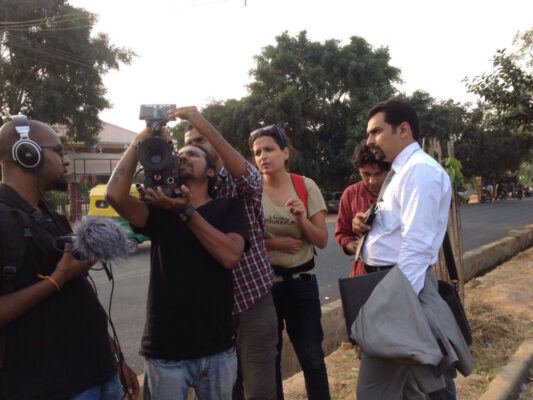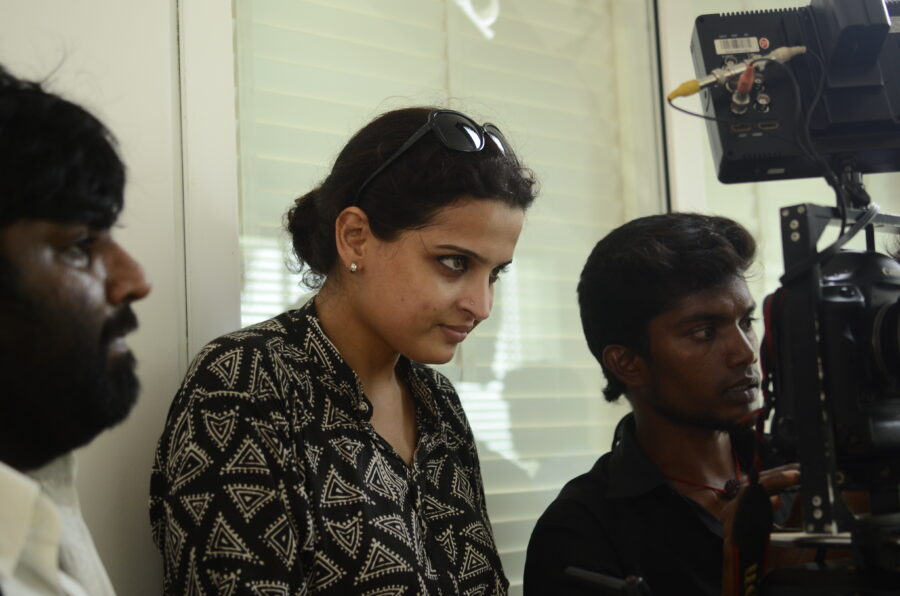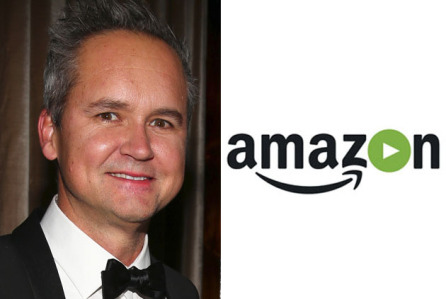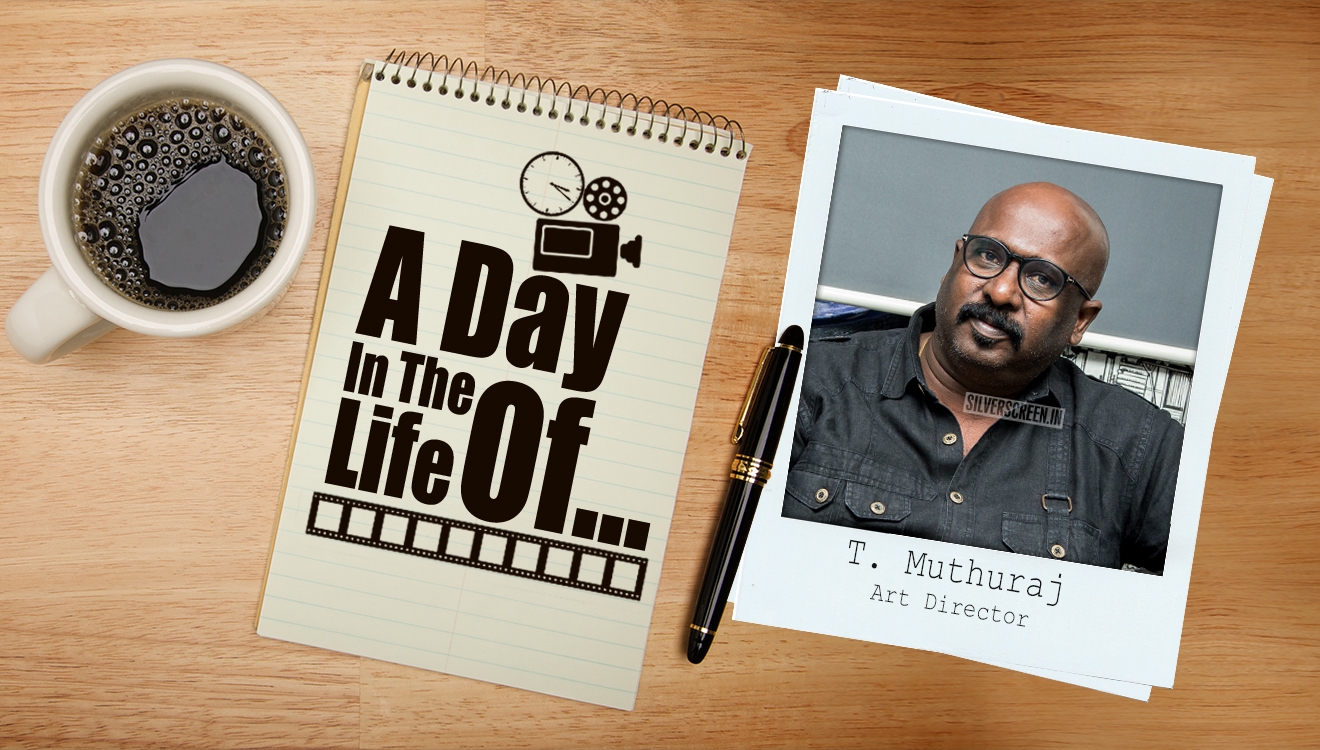As soon as I was out of University and in the job market, every single one of my self-doubts faced me with entitlement. Which is probably why I jumped twelve boring jobs in six years before finally quitting the rat race in 2014. I then leaped at the epiphany of wanting to write, produce and direct films, instead. What can assuage my dwindling self-confidence than the pervasive lack of validation an artist receives, eh? While a bestseller on “how to make terrible choices 101” was writing itself, I persisted to see where this was taking me. For the first time, I felt like I had no “job” to keep, so the pressure was off. I had absolutely no formal training in filmmaking, yet I was undeterred and taught myself everything little by little. I wanted to put my potential to test. Also, I was too arrogant to work as an assistant to someone because that would be no different from a job–except it would pay me peanuts. It was a brilliant plan to go on my own, or so I thought!
One evening, a few months after my first film was completed and selected for screening in three festivals, I was sitting at a friend’s place where my film’s production was discussed in detail by three men — the actor of my film, another filmmaker who was also one-film-old, and the friend whose house we were at. Techniques were critiqued, acting psychoanalysed, camera angles thoroughly broken down, pros and cons speculated. Only, I hadn’t spoken a word. They discussed my film in front of me for a whole hour, I didn’t even come up. He did ask me if my parents “allowed” me to quit my job and if they funded it. His film got selected for only one film festival, and his social media feed was overflowing with veneration for his “fantastic effort despite so many challenges!”
Every time I bring up the challenges women face – especially about urinating and menstruating during outdoor shoots – I am met with scowls. Of course, I find nefarious pleasure in using the word “urinating” and “periods” regardless of the ensuing reactions because, why not? Until about four years ago, most of my contemporaries who I hung out with were men. I had a nickname within such circles — “different.” During a five-day shoot in the remote corners of Tamil Nadu where we had to film in open mines and cement factories, I had my period. Because the hotel was about 30 kilometers away, changing pads/ urinating was out of the question. This gave me UTI (Urinary Tract Infection) at the end of the first day and my intestines signed a treaty with dysentery. I was the only woman in the crew, and my colleagues urinated in the open. “No problem,” I told myself, “all women have periods”, and took it in my stride. I finished. It became perhaps the only film on the subject, and for the budget I had, I was very pleased with the production value. At a film festival in Madurai, during the Q&A after the film’s screening, a huge debate ensued among the audience members (predominantly male). I was narrating my experience, the science behind the film’s content, techniques to film in open spaces, etc. A male film student stopped me abruptly to tell me he hated the film. He questioned my decision to make the film in English, as opposed to a vernacular language, and gave me a lesson on patriotism, elitism, and nationalism. No questions about research or style and no appreciation for the novelty of the film’s subject. It was just a troll fest. No male director was faced with such a response.

img-20141226-wa0033
I have since made six independent films of varying lengths and worked as a producer on many other projects. Saying the words “I have made” seems natural now, but I got here after clobbering an overbearing impostor syndrome. There have been so many appalling situations, that I founded a community as my way of protest. A community only for women, where we work together, meet offline and talk shop, without being called “different.” It became the turning point of my life. And I came to understand the pivotal issue that keeps women from competing head-to-head with their male counterparts.
Some of the discussions led me to believe women think twice before venturing to pursue a film; and I am not even talking about the obvious hurdles like funding, distribution, etc. Women are constantly second-guessing themselves because we carry the burden of our fraternity on our shoulders. How many times was a man swept aside with a generalisation that “oh, men are terrible with films” because his one particular film bombed in the box office? But women face this periodically, and the risk of throwing our kind under the bus is an enormous pressure to have. Why should I, a woman, be weighed down by a sexist stereotype much before the idea of a film even germinates in my head? One might argue that this is a rather cowardly standpoint because of course women have made some fabulous films where the sex of the director didn’t coerce or undermine (with exceptions) box office numbers. But it is a legitimate fear when women are considered if at all, second best to a man (every man). The corollary – and I get this a lot – is that these exceptional films made by women will be touted as one made by a “female Mani Ratnam” or worse, the phrase “she is not like other women”. Synonyms of “manly” will be generously thrown around by male film critics for such works. There is no winning is there?
In the past, interviewers/panel moderators ask me “What problems do you face as a “female” filmmaker?” Like it’s such an astonishing thing to exist as a woman and work too. I answer such questions with, “traffic, pollution, rising temperature” etc. Language has a very important part to play when we discuss equality or the lack of it. Perhaps that’s why some feel that woman filmmaker, female president, are unnecessary premiums that should be removed. But it is a necessary evil. I do not mind being the “female filmmaker” where required, because it is part of the statistics of our existence; one that we need most right now. Female recognition is in jeopardy in every field, and our stories are being erased.
It only becomes a problem when it comes down to checking some “inclusivity” box. I am proud to be a woman and a filmmaker, but this man-made world has no right to infantilise me with “female only” awards/recognition ghettoising me further as a subsection of the society.
Simone de Beauvoir made it known in 1949 when she wrote The Second Sex: “Humanity is male and man defines woman not in herself, but as relative to him; she is not regarded as an autonomous being. […] He is the Subject, he is the Absolute – she is the Other.” This othering debars us from being eligible to make mistakes and fail like men often do. Our opportunities are limited, so are the allowances of erring and learning from them. The anguish over such labels in female filmmakers is palpable because of this very reason.
Do the names of these women ring a bell? Nandhini JS, V Priya, Anjana Ali Khan, Usha Krishnan, Madhumita Sundararaman — no? These modern-day women have directed one/few films in the past, but haven’t made another in a very long time. Lack of opportunities is a real nightmare for male directors too. True. But do we have the luxury of delivering flop after flop and yet being given crores of rupees more to make another flop? I am not some gatekeeper of determining what constitutes a “good film” because the perception of art is often hard to fit into the realms of quantifiable data. My contention is not against bad films itself (misogyny aside, whoever makes it), but about the lack of equal opportunities to make bad films.
I aspire to make films that would have a theatrical release, and I want to watch my name – with tearful elation – on the big screen. And I want to feel all this regardless of the merit of my film or the fear of being sidelined. In fact, I want to keep making films and get better at it without having to worry about the consequence that my opportunity would cost another woman hers. I want to log my hardships in making my films without it being perceived as rhetoric drenched in hare-brained stereotypes. I don’t want to hide behind my hardships in order to gain undue privileges, I want the world to know that I made a film despite it. I want that knowledge to motivate at least one girl to chase her dream because clearly, we aren’t many in numbers.
As a country, there is a consensus that there are now enough women making films (or for that matter any field), that there is a false sense of attaining parity. But there is a huge statistical anomaly here. Women are more in number compared to what? The 1950s? Maybe. But what is the proportion to male directors? Has that diminished? Not at all. So if there are 100 women compared to 10 from the past, there are 1000 men compared to 100 before. This isn’t parity, this is delusional.
Recommended
There are some positives; the industry is gradually moving towards a place where stars like Nayanthara in the south are turning producers. I think women must embrace this opportunity, and stars should work with female directors equally, conscientiously. Women have worked very hard to get where we are. And the only way forward should be to apply what we have learned – vanquishing familial, societal, cultural, patriarchal hurdles – to fail, pick ourselves up, and keep marching ahead. I dream of a time where men and women will be considered equal. But for that, I want women to unapologetically spend the next 50 years making bad films.
Vaishnavi Sundar is a writer and a self-taught filmmaker. Her interests lie in an odd mix of cinema, arts, and all things feminist. Find her on Twitter: @Vaishax



